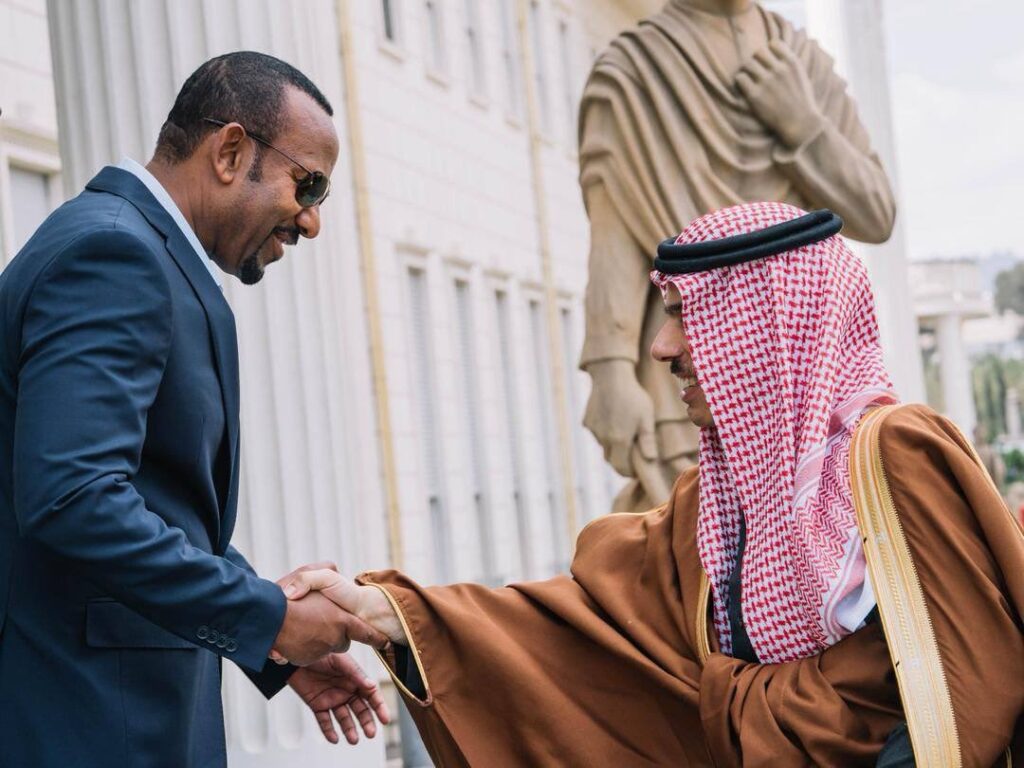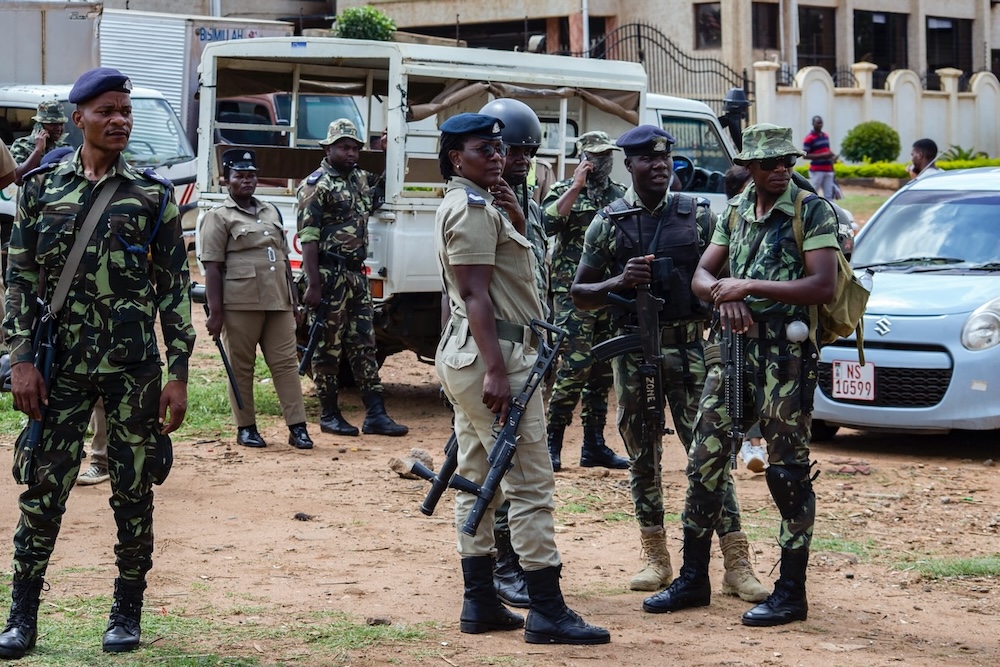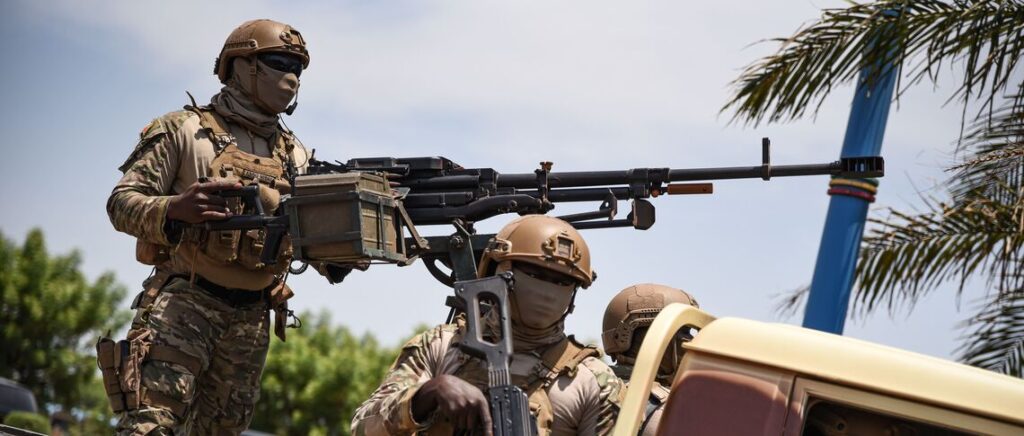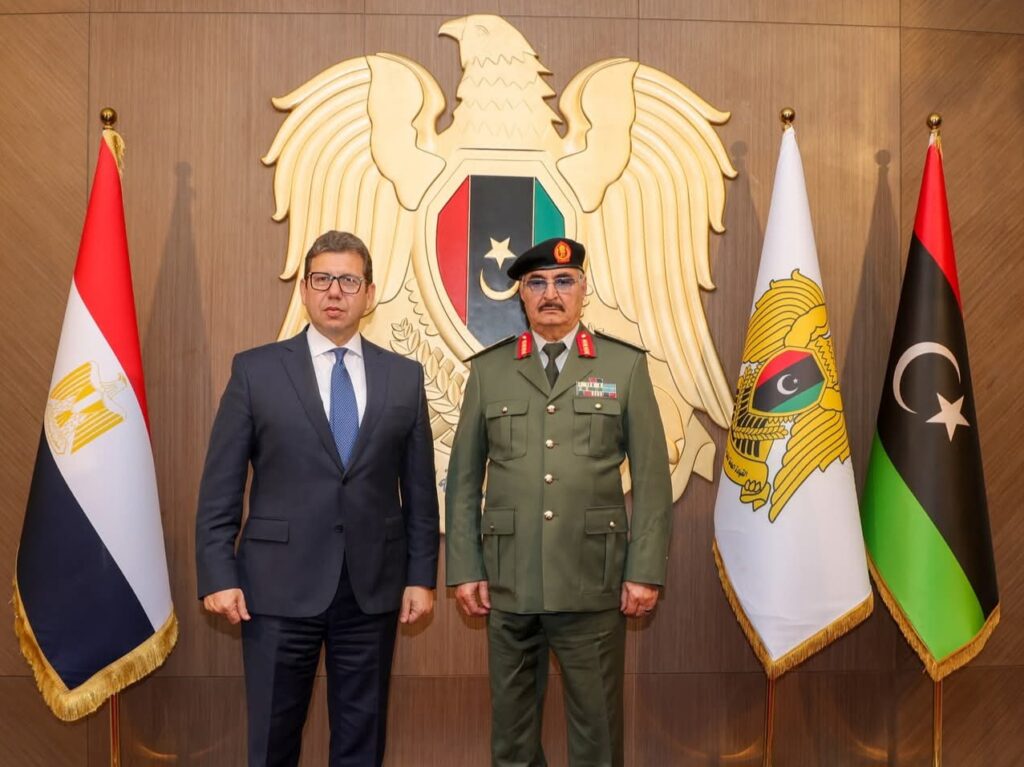
Uganda’s military announced Wednesday a complete withdrawal of its troops from the eastern Democratic Republic of Congo, marking the end of a regional peacekeeping effort plagued by accusations of ineffectiveness.
The move leaves the war-torn region grappling with ongoing violence from the M23 rebel group and uncertainty about future security measures.
The East African Community Regional Force, deployed in late 2022, faced heavy criticism from Congolese authorities for failing to curb rebel-backed violence.
Despite Ugandan claims of achieving their mission goals, the force, alongside contingents from South Sudan, Kenya, and Burundi, ultimately fell short of expectations.
Independent observers, the Congolese government, and Western nations accused Rwanda of supporting the Tutsi-led M23, a charge Kigali vehemently denied.
The regional force, tasked with liberating areas under M23 control, was ultimately deemed ineffective, leading to its mandate’s non-renewal in November.
“We have brought our forces back home,” stated Ugandan military spokesperson Felix Kulayigye, underlining the completion of the withdrawal process.
With the departure of regional troops, the DRC now pins its hopes on the Southern African Development Community (SADC) for future security assistance.
Meanwhile, clashes between M23 and Congolese government forces, aided by allied militias, continue to rage in the region.
The decades-long conflict, rooted in regional wars of the 1990s and 2000s, continues to cast a shadow over the upcoming presidential elections scheduled for December 20. Notably, voting will not take place in two North Kivu territories due to the ongoing M23 rebellion.
The withdrawal of Ugandan troops marks a significant turning point in the DRC’s struggle for stability.
While the effectiveness of the regional force remains a subject of debate, the immediate challenge lies in addressing the ongoing violence and ensuring a safe and credible electoral process in the face of the M23 threat.




